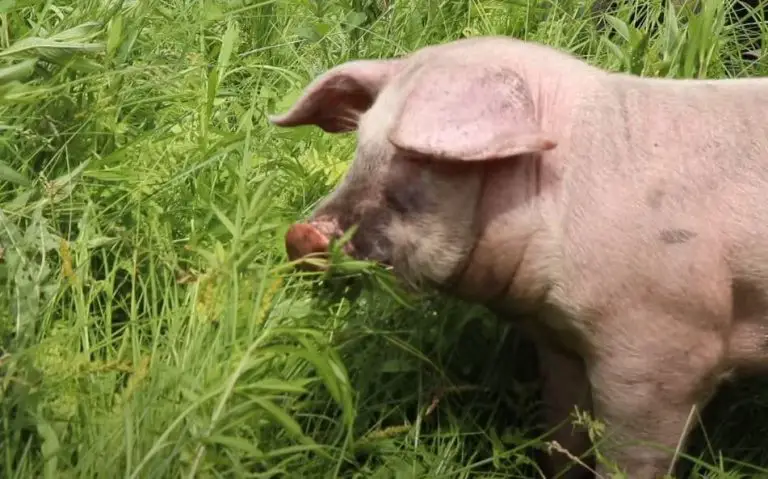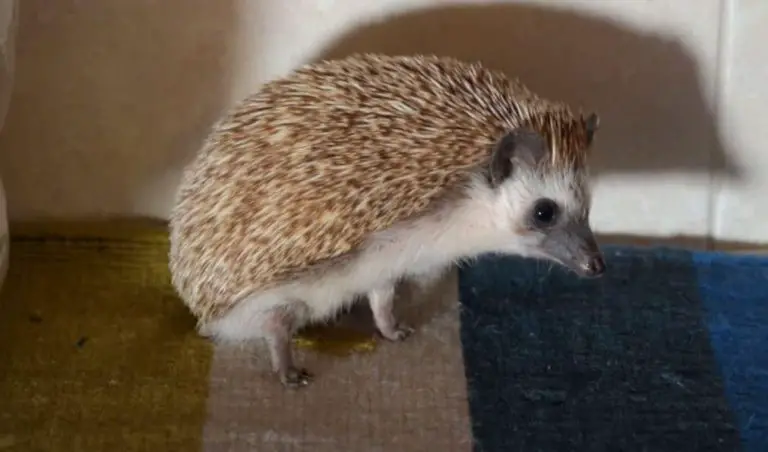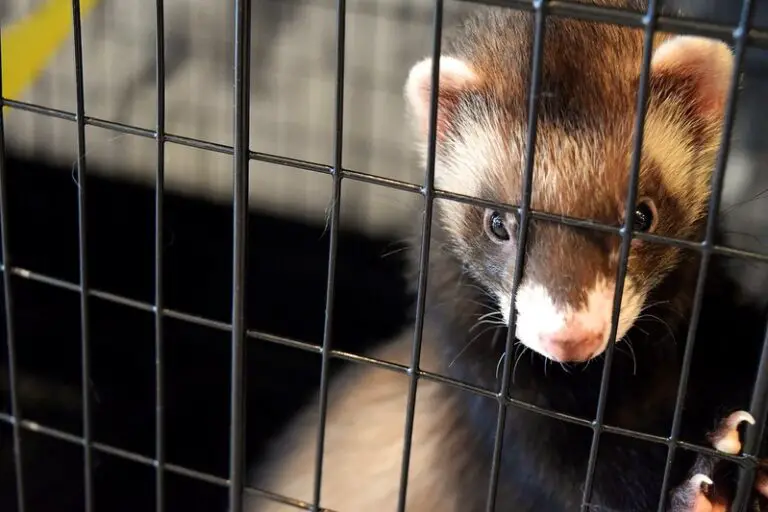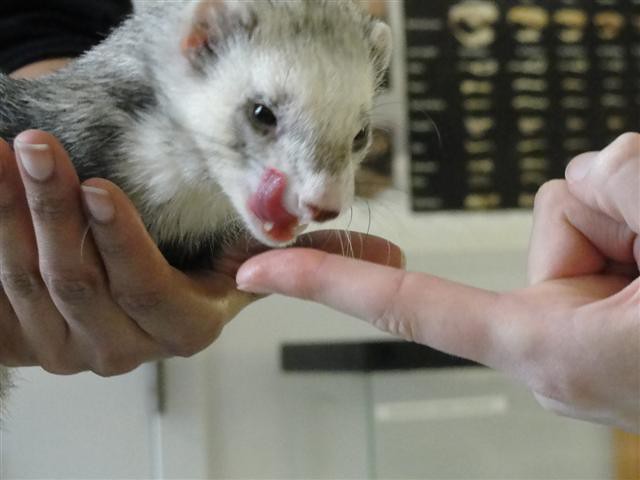Are Shrews Dangerous to Cats? (Detailed Explanation)
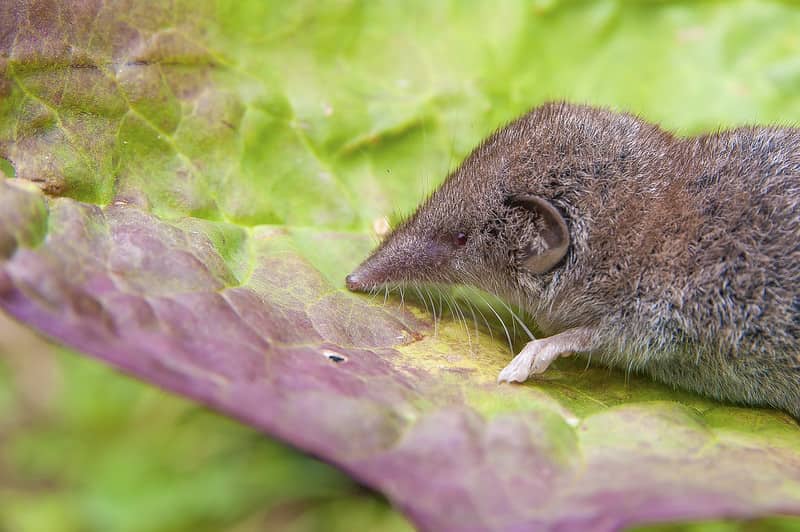
“Curiosity killed the cat”, It is a very famous phrase everywhere, the cat is a very cautious animal, but like an avid hunter, it goes after every small mammal, reptile, or bird that is within its reach, an example of a small mammal is the shrew, in fact, the shrew has a great similarity with a common mouse.
But the shrew differs in the mouse by having a longer snout and smaller eyes, but there is another very important non-physical characteristic that differentiates the shrew and makes it especially dangerous prey for a cat.
The short-tail shrews have a system of oral poison, which means that its saliva is venomous enough to paralyze and restrain their prey, mainly small vertebrates. Most likely this poisonous bite is not enough to kill an adult cat, but if enough to hurt it and inflict pain, this bite can cause pain even to a human, due to the poison.
Are shrews poisonous?
There are several species of shrews and not all of them have this characteristic of possessing poison, but there are a few of them that have a poisonous bite.
Of course, you won’t find many statistics on human or cat deaths from shrews, since these little animals prey on even smaller animals and this poison is designed for them.
With their poisonous bite, shrews keep insects and sometimes small mammals in a kind of comatose state that allows them to have food for the long winter. It happens that the metabolism of shrews is very fast, so they need it to keep themselves well-fed in cold seasons.
The poison, from the shrew, is secreted by the submaxillary glands up to the base of the lower incisors where saliva flows. This substance seems to have been generated with a clear objective, (predation) and its function has remained intact until now.
Are all shrews poisonous to cats?
Just water shrews and swamp shrews have poison glands. The garden shrews and other species that are commonly found in the outdoor environment are not poisonous to your cat.
Usually, you can rely on the cat’s instinct for the normal success of the hunt, if the cat catches and eats an animal, it does so totally guided by its instinct, which is very good.
The cat will usually not eat an animal that has been poisoned or contains any strong substance or something like that. But they usually don’t eat anything they can’t handle. Especially not in their normal living space.
Even if cats inadvertently stumble upon a water or swamp shrew, their lives will not be at risk. A shrew bite is painful and can lead to paralysis in the smaller mammals and frogs, although cats are generally large enough to get away without permanent damage.
Therefore, you should not be too concerned if you realize that your cat has caught a shrew.
Which shrews are poisonous?
The northern or American short-tailed shrew (Blarina brevicauda), the Mediterranean or Cabrera water shrew (Neomys anomalus), and the Eurasian or white-legged water shrew (Neomys fodiens) have poisonous neurotoxic saliva, which they accumulate in a concavity in their front teeth (although they do not have a groove in the tooth, unlike solenodons) and use to paralyze their prey: insects or small mammals.
Do cats eat shrews?
Shrews, like small rodents, are wild animals to be hunted by cats, but cats do not actually like to eat them due to the fact that they have a very unpleasant smell for the cat. This does not mean that all cats do not eat shrews, there are some cases that catch them and bear the smell and consequently they eat them.
Cats probably find the musky smell and strong taste that emanates from the secretions of the lateral glands unpleasant, so that they hunt the animals but do not eat them. Dead wood shrews ( Sorex araneus ) can be observed particularly frequently. House shrews ( Crocidura russula ) , garden shrews ( C. suaveolens ) and field shrews ( C. leucodon ) are prey of cats in many places due to their proximity to settlements.
Shrews comprise more than 300 different types around the world, but they are distantly associated mainly with mice. Some shrew types are considered endangered, while others are considered extinct.
But don’t worry about the extinction fact, the small mammals that are usually caught by a cat are garden, field, or house shrews, which are quite common.
Shrews are usually lonely and have a high metabolism. Consequently, as they are often in constant need of food, they are able to attract the attention of the cats.
As fast as the shrew is trapped, the cat feels uncomfortable because of its scent. This is due to the musky secretion that the shrews secrete to mark their territory.
For the cat’s sensitive nose and its gourmet palate, the scent and flavor of this secretion are very unpleasant so that it plays with its catch for a short moment for practical reasons and then leaves it there, for humans this shrew smell is imperceptible, but for the cat, it is an extremely strong and unpleasant smell. Alternatively, the cat may bring the prey to her favorite person as a gift.
Is shrew venom dangerous to cats?
The poison of the few shrews that are poisonous, would not be lethal for a cat, anyway, hardly a cat would allow this animal to bite him, and if so the poison would hardly have enough power to inflict him some pain.
Apart from this, a cat will not eat a shrew with poison because it will immediately detect the toxic substances with its sense of smell.
Cats, although carnivorous animals possess 12 genes that allow herbivorous animals to avoid eating harmful foods by detecting the bitter taste. This has been confirmed according to studies conducted by geneticists in the United States.
The sense of taste is what allows animals to differentiate between nutritious foods and foods that are harmful to their health. Cats can detect toxins in the animals they hunt because they detect the bitter taste.
If they are sweet it means that they have sugar and therefore are a source of energy. The bitter taste, on the other hand, indicates the presence of toxic substances that can be present in plants, animals, or immature fruits.
The “bad smell” of shrews is a defense mechanism against the cat
Cats are renowned mouse-hunters, but although they can hunt shrews, they show no appetite after hunting them. The shrew, in fact, is not a mouse at all, but a small mouse-like carnivore that feeds on insects, worms, snails, lizards and also mice.
The shrew has many glands in its belly and tail that have various functions in the social system. These glands are also the reason cats don’t like shrews.
In case of danger, an unpleasant musky smell emerges from these glands, which does not prevent potential enemies (like cats) from killing them, but at least makes them inedible.
So the poor shrews only serve as a short hobby – and the cat has to go hungry, to find another food source.

